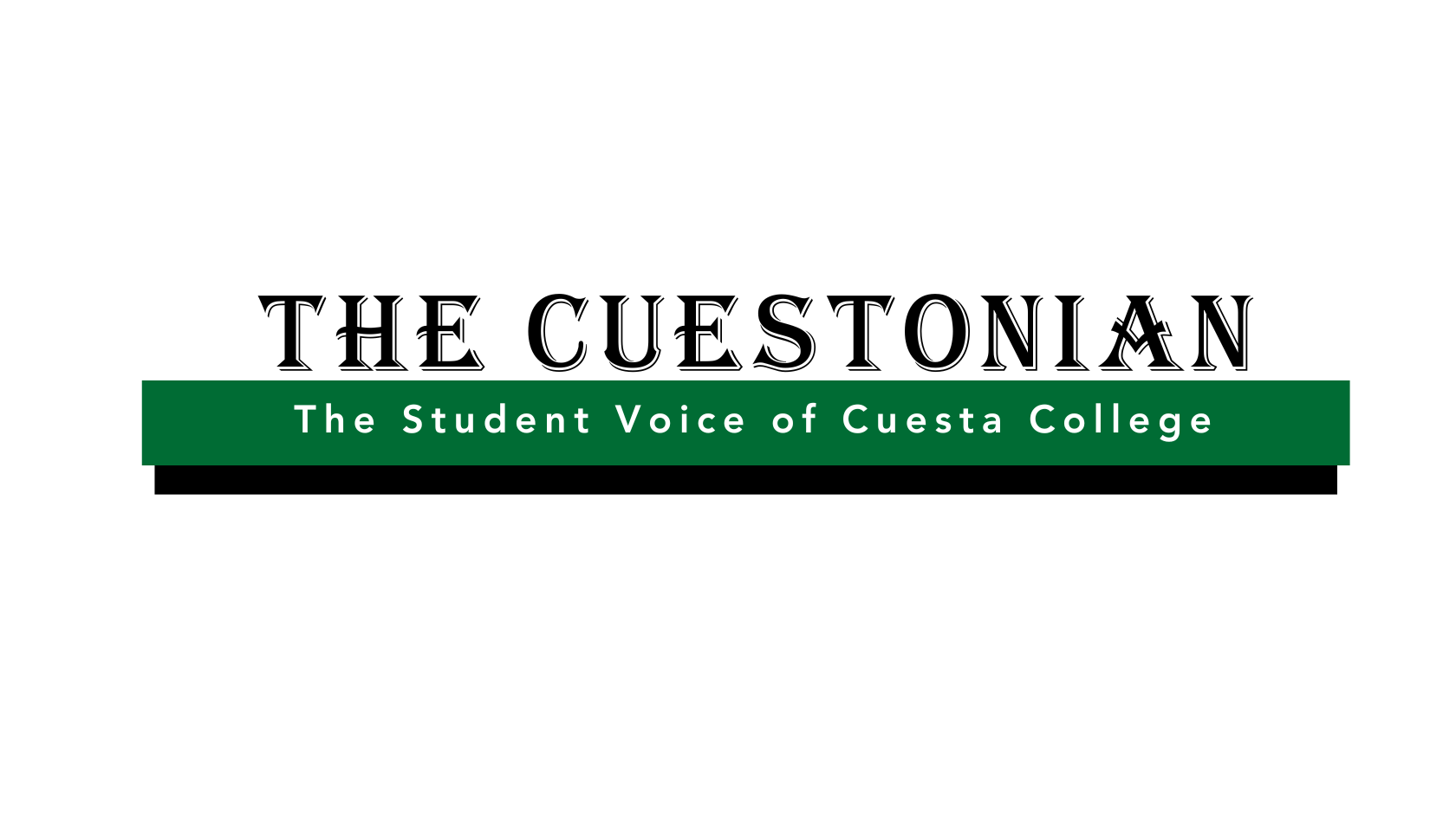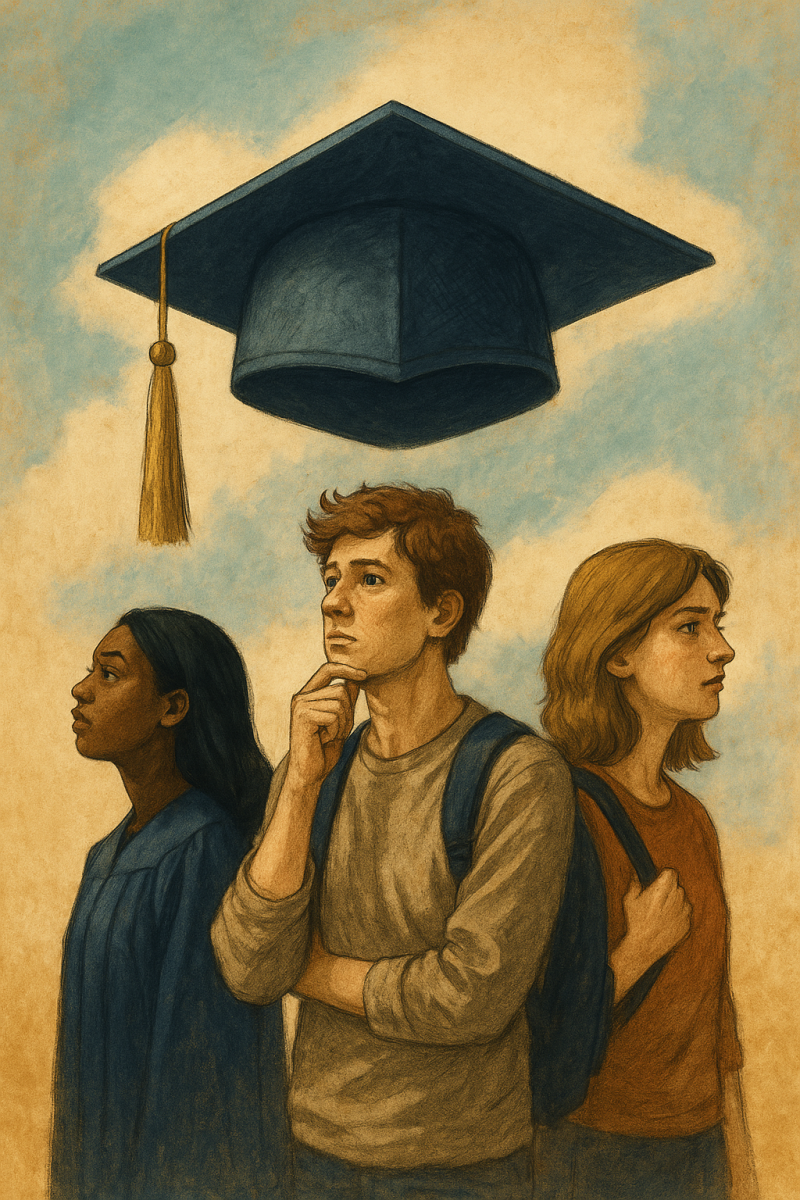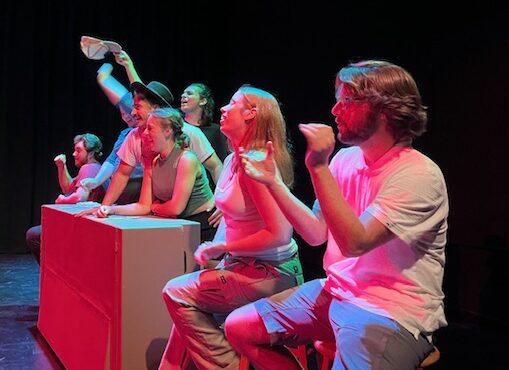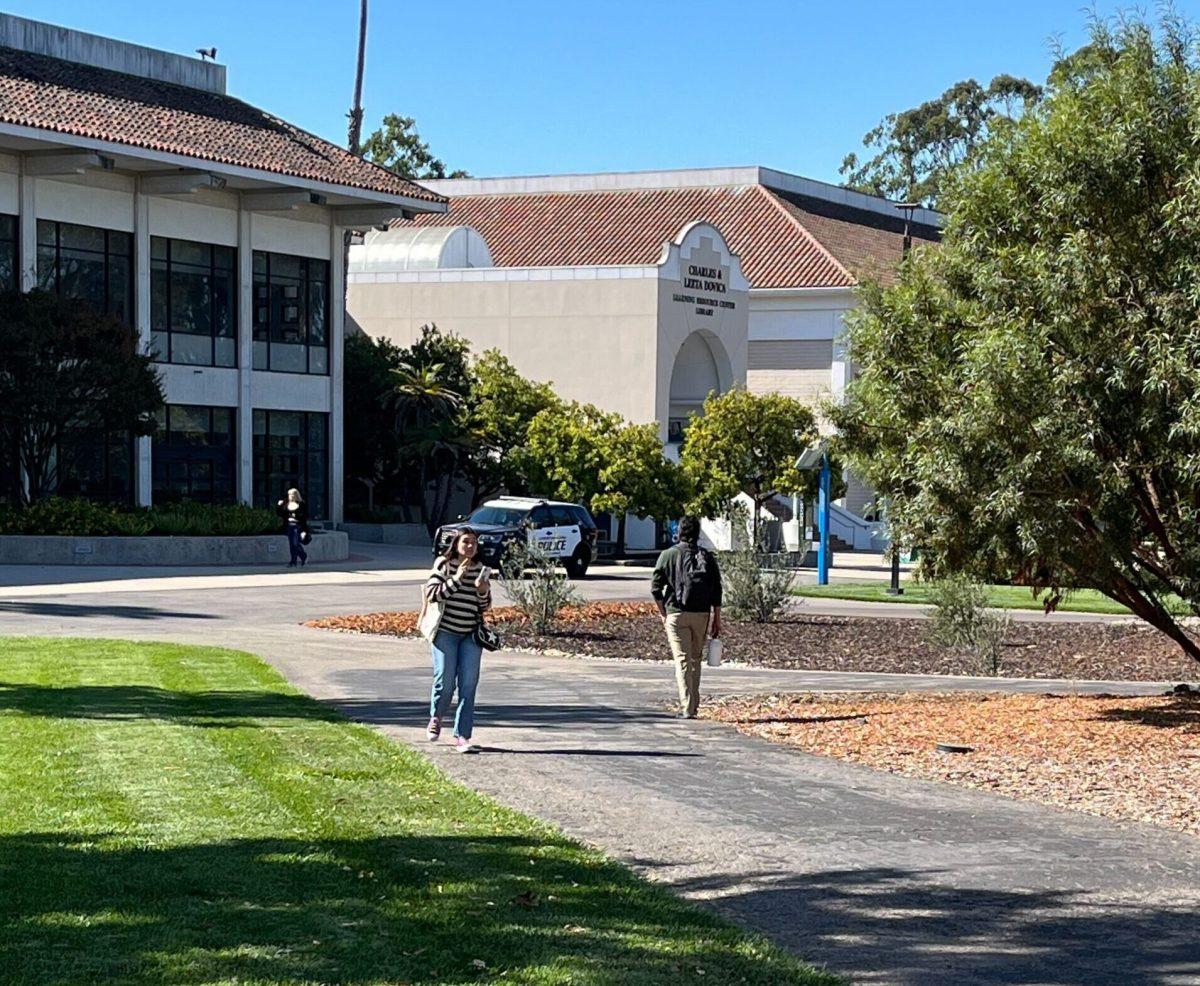By Jaelin Wilson
Sports Editor
For people just joining the political conversation, presidential debates that garner Super Bowl-like ratings are new, but the effect that they will have on this year’s presidential election will not be, experts say.
This election cycle’s first presidential debate, on Sept. 26, drew 84 million sets of eyeballs, while the 2016 Super Bowl attracted 111.9 millions viewers, according to nielsen.com. For comparison, the benchmark to beat was 80.6 million viewers, set by Jimmy Carter and Ronald Reagan in 1980, according to a CNN Money report.
Despite increased viewership, Victor Krulikowski, a Cuesta political science professor, maintains that the presidential debates have very little effect on the actual elections. Detailed in Washington Monthly “Do Presidential Debates Matter,†by John Sides, other experts are in agreement as well.
“By the time we get into the debates, big chunks of people already know who they’re voting for,†said Krulikowski. “90-percent of the vote is set.â€
Looking back at past general elections, the before and after polling data shows that these debates only move the polls about two or three percentage points. A good performance at one of the general debates can “nudge†a candidate, but it cannot make or break their campaign, according to Krulikowski.
Even through the 2012 Barack Obama-Mitt Romney debates, where the two candidates saw their poll numbers dip and rise throughout the debates, political scientists, including Krulikowski, conclude that there hasn’t been a general debate that has had a meaningful effect on the presidential election.
Along with the swaths of viewers the recent debates have attracted, there was an unprecedented 17.1 million Twitter interactions related to the presidential debate, on Monday, Sept. 26, the night of the first presidential debate, according to nielsen.com.
The current general debates have pivoted toward a more “social media feel,†according to Krulikowski. He noted that the people present at the general debates are not even supposed to talk, yet they often cheer. The Cuesta professor likened the debates to sporting events at which everyone just wants to root for their team.
A greater debate audience does not translate into a greater shift in the polls, though. The sizeable involvement is a “mixed blessing.†There are more people than ever involved in the political conversation, but more is not always better, according to Krulikowski.
Many political scientists align with professor Krulikowski’s reasoning; prior to the debates, “90-percent of the vote is set,†and there are only “nudges†to be earned from there, if anything.
“[I’ve] pretty much already decided,†said Enrique Campos, a Cuesta student. “At this point […] I don’t think I’ll change my vote unless I can write in Nicholas Cage or Kanye West.â€














